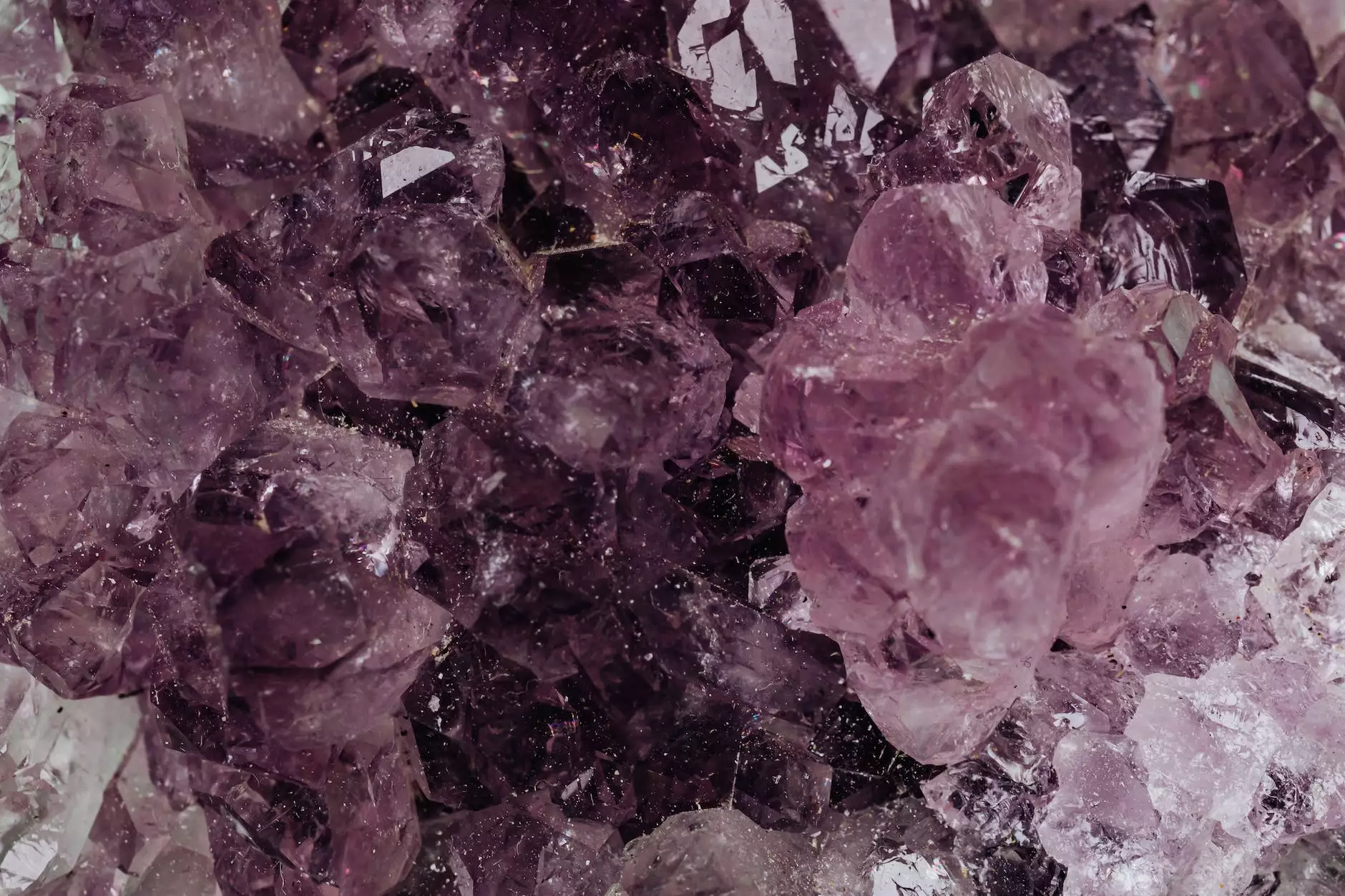Moh's Hardness Scale

Introduction
Welcome to International Granite And Stone's comprehensive guide on the Moh's Hardness Scale. As a leading name in the heavy industry and engineering sector, we understand the importance of this scale when it comes to countertop selection for construction and maintenance projects. In this guide, we will delve into the details of the Moh's Hardness Scale, its significance, and how it can help you make informed decisions for your projects.
Understanding Moh's Hardness Scale
The Moh's Hardness Scale, developed by Friedrich Mohs in 1812, is a qualitative measurement scale that ranks minerals based on their hardness. The scale consists of ten minerals, each with a specific hardness value ranging from 1 (softest) to 10 (hardest). This scale helps in identifying the scratch resistance and durability of various materials, including granite, marble, quartz, and other natural stones commonly used in countertop construction.
The Importance of Moh's Hardness Scale in Countertop Selection
Choosing the right countertop material is crucial for any construction or maintenance project. The Moh's Hardness Scale provides valuable insights into the durability and scratch resistance of different stone surfaces, enabling informed decisions based on the project requirements.
Benefits of Using the Moh's Hardness Scale:
- Evaluating Scratch Resistance: Different minerals on the scale have varying levels of scratch resistance. By considering the hardness of a material, you can determine how well it will withstand everyday wear and tear, ensuring longevity and durability.
- Suitability for Specific Environments: Understanding the hardness of a stone surface allows you to assess its suitability for specific environments. For example, in high-traffic areas or commercial spaces, materials with a high hardness rating are preferred to ensure resistance to scratches and abrasions.
- Comparison of Materials: By comparing the hardness values of different materials, you can choose the one that best meets your project requirements. This allows you to consider factors such as aesthetic appeal, maintenance needs, and durability.
- Preventing Damage: A proper understanding of the Moh's Hardness Scale can help prevent potential damage to countertops. Knowing the hardness value of a stone allows you to take necessary precautions during usage, cleaning, and maintenance, avoiding accidental scratches or damage.
Application in Countertop Construction by Bass Construction Company
At Bass Construction Company, we rely on the Moh's Hardness Scale to provide our clients with top-quality countertops that meet their needs and surpass their expectations. Our team of experts understands the long-lasting impact of utilizing materials with appropriate hardness values, ensuring customer satisfaction and project success.
Our Process:
- Assessment: Our experienced professionals assess project requirements to determine the ideal hardness level for the countertop material.
- Material Selection: Based on the assessment, we recommend suitable materials with hardness values that align with project specifications, considering factors such as aesthetics, maintenance, and durability.
- Expert Installation: Our skilled team ensures precise installation, utilizing their expertise to enhance the durability and longevity of the countertop.
- Client Satisfaction: Our commitment to delivering superior quality products and services ensures client satisfaction and establishes long-term partnerships.
Conclusion
International Granite And Stone, as a trusted name in the heavy industry and engineering sector, recognizes the importance of the Moh's Hardness Scale in countertop selection for construction and maintenance projects. We believe that informed decisions based on the hardness scale result in durable, aesthetic, and long-lasting countertop solutions.




